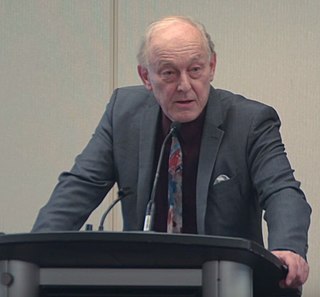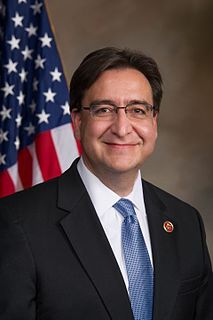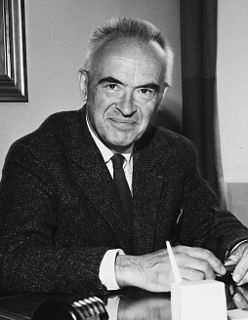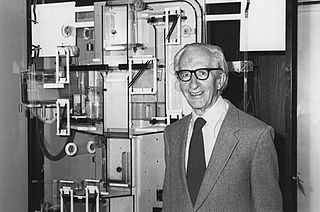A Quote by Jeremy Grantham
There is no single theory that is used in economics that considers the finite nature of resources. It's shocking.
Related Quotes
For too long we have tried to consume our
way to prosperity. Look at the cost: polluted
lands and oceans, climate change, growing
scarcity of resources from food to land to fresh
water, rampant inequality. We need to invent a
new model; a model that offers growth and social inclusion... that is more respectful of the
planet's finite resources. Nature has been kind
to human beings, but we have not been kind to
nature.
What I assert and believe to have demonstrated in this and earlier works is that following the finite there is a transfinite (which one could also call the supra-finite), that is an unbounded ascending lader of definite modes, which by their nature are not finite but infinite, but which just like the finite can be determined by well-defined and distinguishable numbers.
I started in the law; and the study of law, when it precedes the study of economics, gives you a set of foundation principles about how human beings interact. Economics is very useful, and I studied economics in graduate school. But without understanding the social and organizational context of economics, it becomes a theory without any groundwork.

































